Speaking at the reception, Standing Deputy Secretary of the Hanoi Party Committee Nguyen Van Phong expressed his pleasure to welcome the delegation of the Xinjiang Uyghur Autonomous Region (Xinjiang) to visit Hanoi and the Hanoi Party Committee for the first time. Sharing an overview of the city's development situation, the Standing Deputy Secretary of the Hanoi Party Committee affirmed that, with its position as the capital, Hanoi always focuses on promoting international exchange and integration activities, with the relationship of coordination and friendly cooperation with Chinese localities always being focused on and in fact, there have been practical and effective achievements.
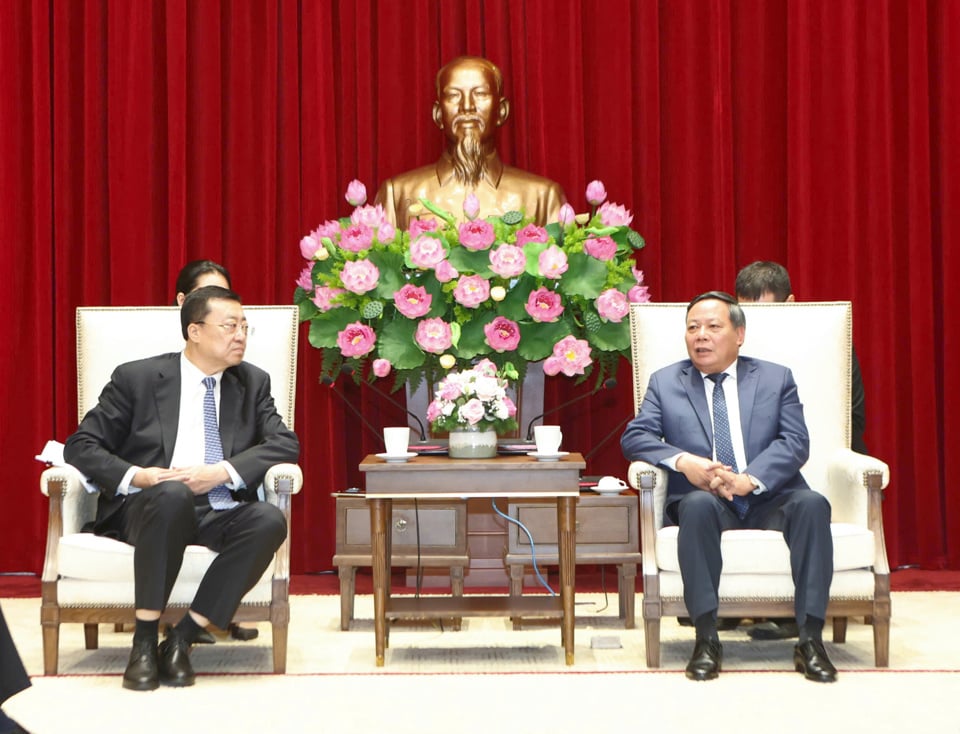
According to Nguyen Van Phong, Standing Deputy Secretary of the Hanoi Party Committee, Hanoi currently has cooperative relations with over 100 capitals and cities worldwide, including Beijing and Guangzhou (Guangdong Province) of China. At the same time, he affirmed that Hanoi always wishes to cooperate with Chinese localities in the fields of party building, political system building, economic development, promoting cultural exchanges, and promoting tourism.
Assessing that there is still a lot of room for cooperation between Hanoi and Chinese localities and partners based on similarities in orientation and focus of future development, Standing Deputy Secretary of the Hanoi Party Committee Nguyen Van Phong affirmed that the Hanoi government is always ready to promote cooperation with the Xinjiang Autonomous Region and will work together to gradually establish long-term and sustainable relations.
Highlighting Hanoi's tourism strengths, especially its attraction to Chinese tourists, Standing Deputy Secretary of the Hanoi Party Committee Nguyen Van Phong said that the number of tourists from Xinjiang is still not much, while recently Hanoians have been increasingly interested in non-traditional tourist areas in China, including Xinjiang, meaning that the potential for exploitation is still very large. However, although economic cooperation between Hanoi and Chinese localities is very strong, trade exchanges with Xinjiang are not much.
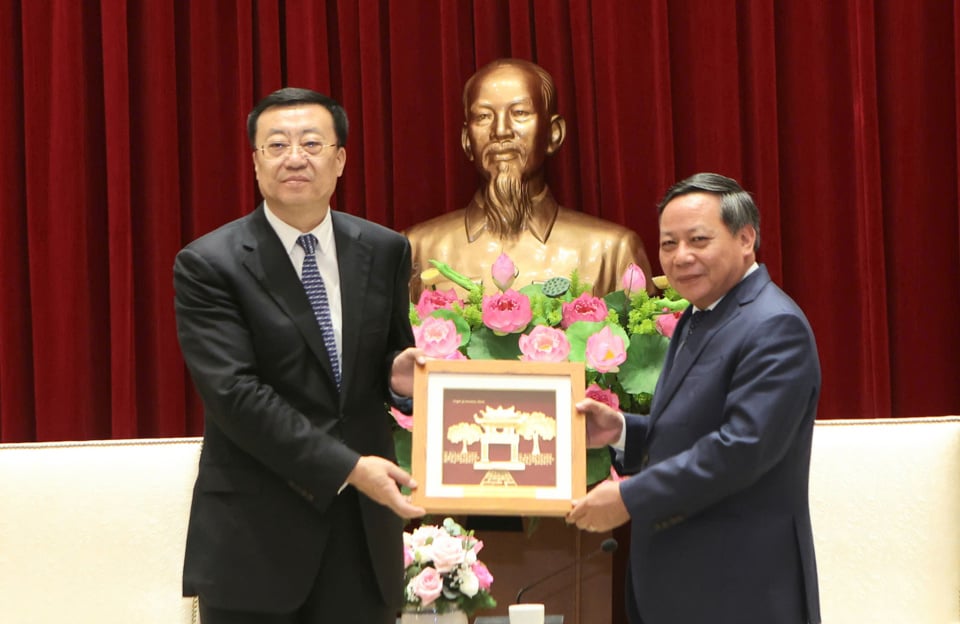
Deputy Secretary of the Hanoi Party Committee Nguyen Van Phong also said that tourism cooperation is a suitable starting point for long-term cooperation between Hanoi and Xinjiang Autonomous Region. Accordingly, Xinjiang is a vast and beautiful land with good natural conditions and rich cultural traditions; Hanoi also has more than 1,300 traditional craft villages with many rich products, which is a potential platform for cooperation and exchange. Deputy Secretary of the Hanoi Party Committee Nguyen Van Phong affirmed that Hanoi welcomes and welcomes enterprises from Xinjiang to invest and the city will create conditions for representatives from Xinjiang to participate in investment promotion events of the capital.
Thanking the sharing of Permanent Deputy Secretary of Hanoi Party Committee Nguyen Van Phong, comrade Truong Tru affirmed that the information in this meeting helped the delegation broaden their vision and gain a deeper understanding of the capital city of Hanoi.
Appreciating the viewpoint of the Hanoi Party Committee leaders on establishing cooperative relations with the Xinjiang Autonomous Region, Urumqi Party Committee Secretary Zhang Zhu also said that the members of this working delegation are very diverse, from many different fields, aiming to find practical cooperation opportunities, contributing positively to the cooperative relations between Hanoi and Xinjiang as well as Vietnam and China.
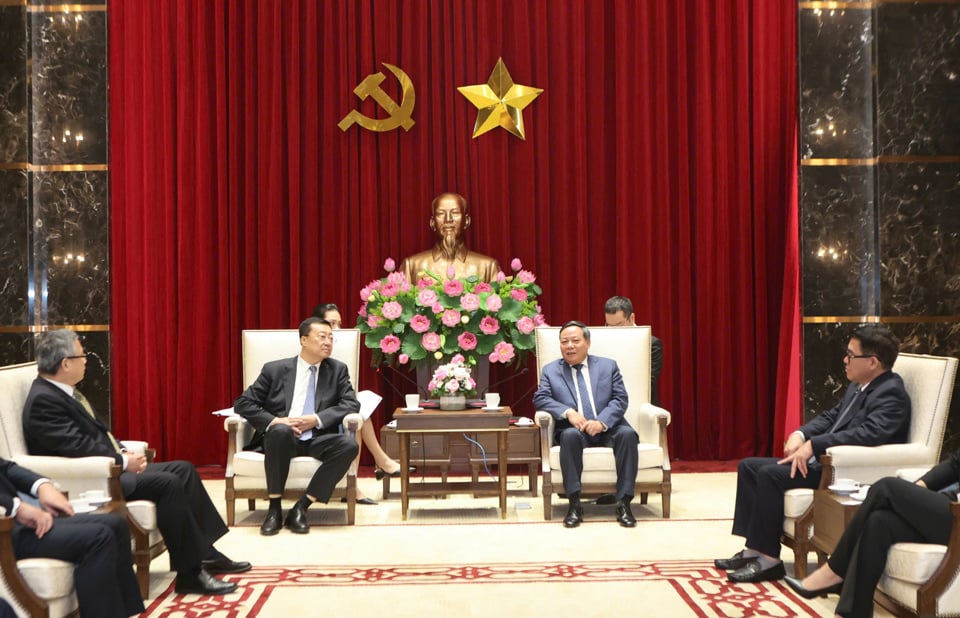
According to Urumqi Party Secretary Zhang Zhu, Xinjiang has great potential, as it is a vast land that accounts for more than 1/6 of China's total area, with more than 5,700km of border with surrounding countries, including many widely connected border gates to the West Asia region. Currently, most of the goods produced in Western China are cleared through Xinjiang, creating a strength for the region in economics and trade. Xinjiang is also a land of rich resources, with natural gas and coal accounting for a large proportion of China's total output. Xinjiang's electricity output is not only enough to meet domestic needs but also distributed to neighboring areas. Xinjiang's natural environment is also extremely beautiful, with a diverse ecosystem including mountains, plains, plateaus... with 4 distinct seasons.
On that basis, Urumqi Party Secretary Zhang Zhu agreed that there is still much potential for cooperation between the two sides based on the ideal foundation of the extremely good Vietnam-China relationship. At the same time, he said that it is necessary to consider implementing suggestive efforts such as establishing direct flights - to create a premise to promote development and expand investment in other fields. Urumqi Party Secretary Zhang Zhu affirmed that in the coming time, Xinjiang will actively and proactively promote more frequent exchanges with the capital Hanoi.
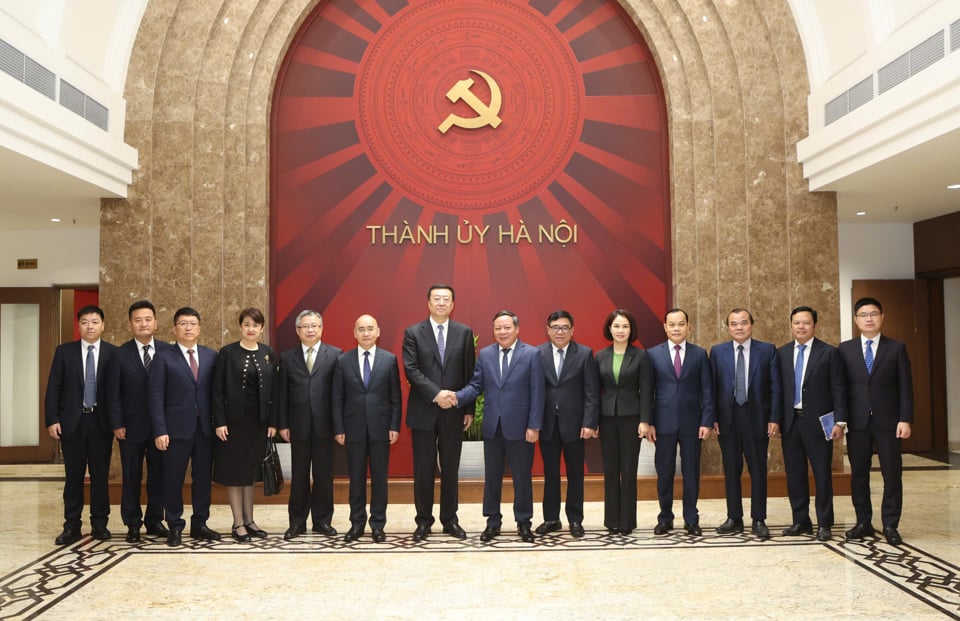
Appreciating and agreeing with the opinions of Urumqi Party Secretary Truong Tru, Standing Deputy Secretary of Hanoi Party Committee Nguyen Van Phong wished the Xinjiang Uyghur Autonomous Region (China) to develop more and more strongly, affirming its position in China's modern "Belt and Road" initiative.
The Standing Deputy Secretary of the Hanoi Party Committee also believes that cooperation between Xinjiang and Hanoi will not only stop at the relationship between the two localities but will also open up cooperation between Xinjiang and other localities in Vietnam as well as the entire Southeast Asian region.
Source: https://kinhtedothi.vn/day-manh-hop-tac-thu-do-ha-noi-voi-tan-cuong-trung-quoc-khoi-dau-tu-linh-vuc-du-lich.html


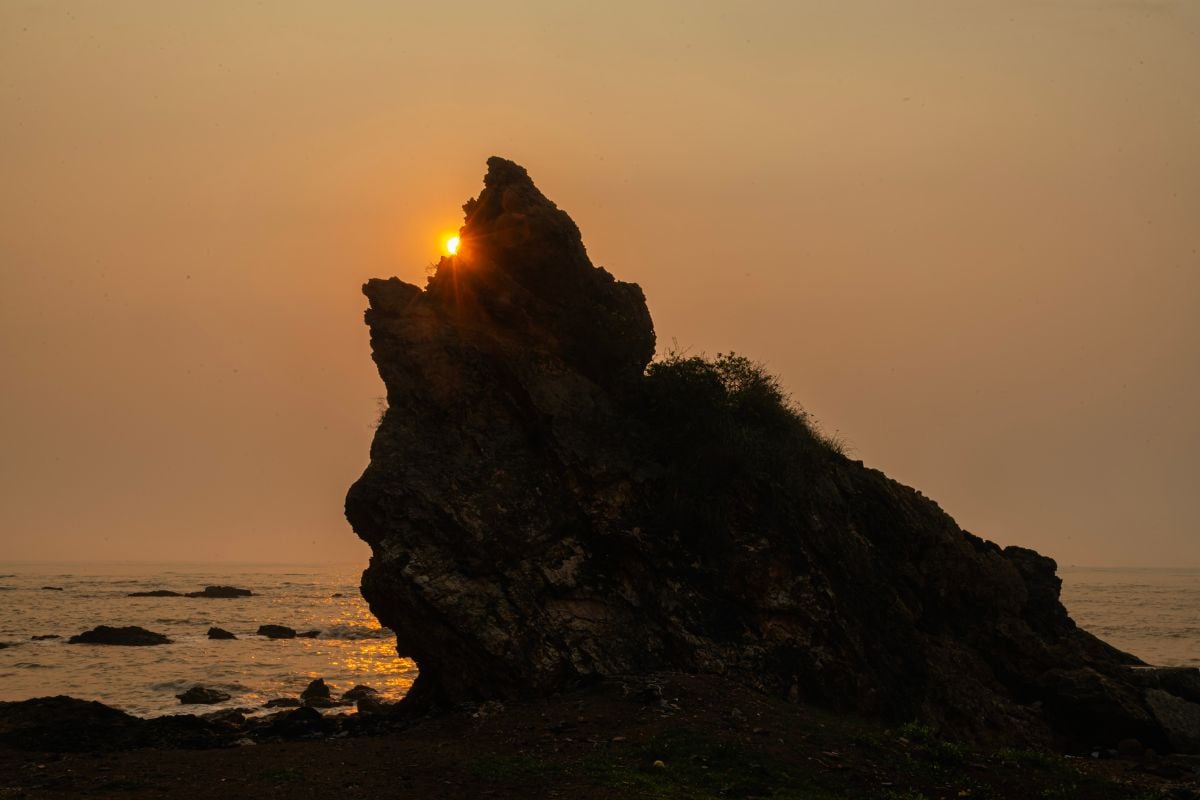
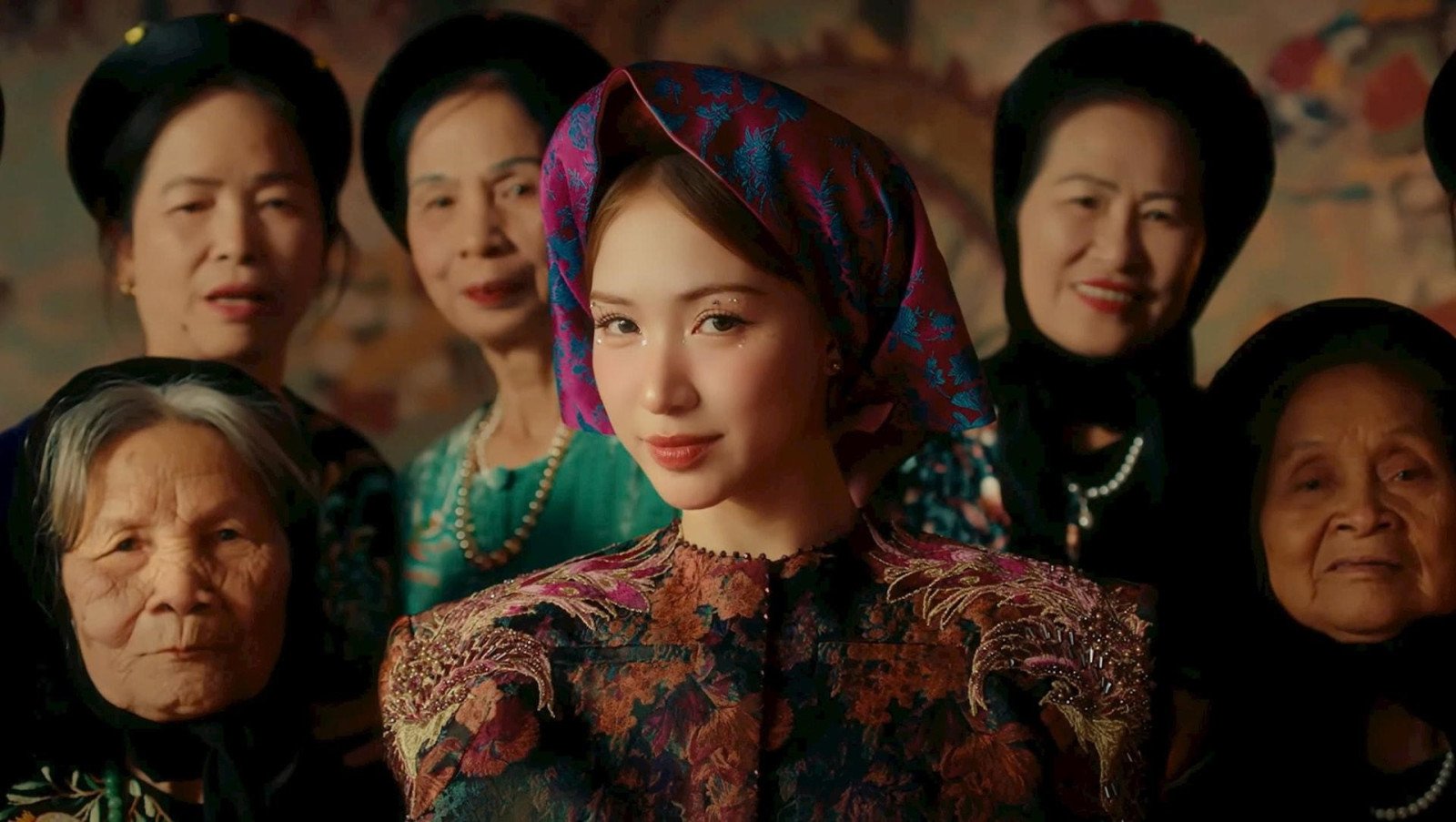
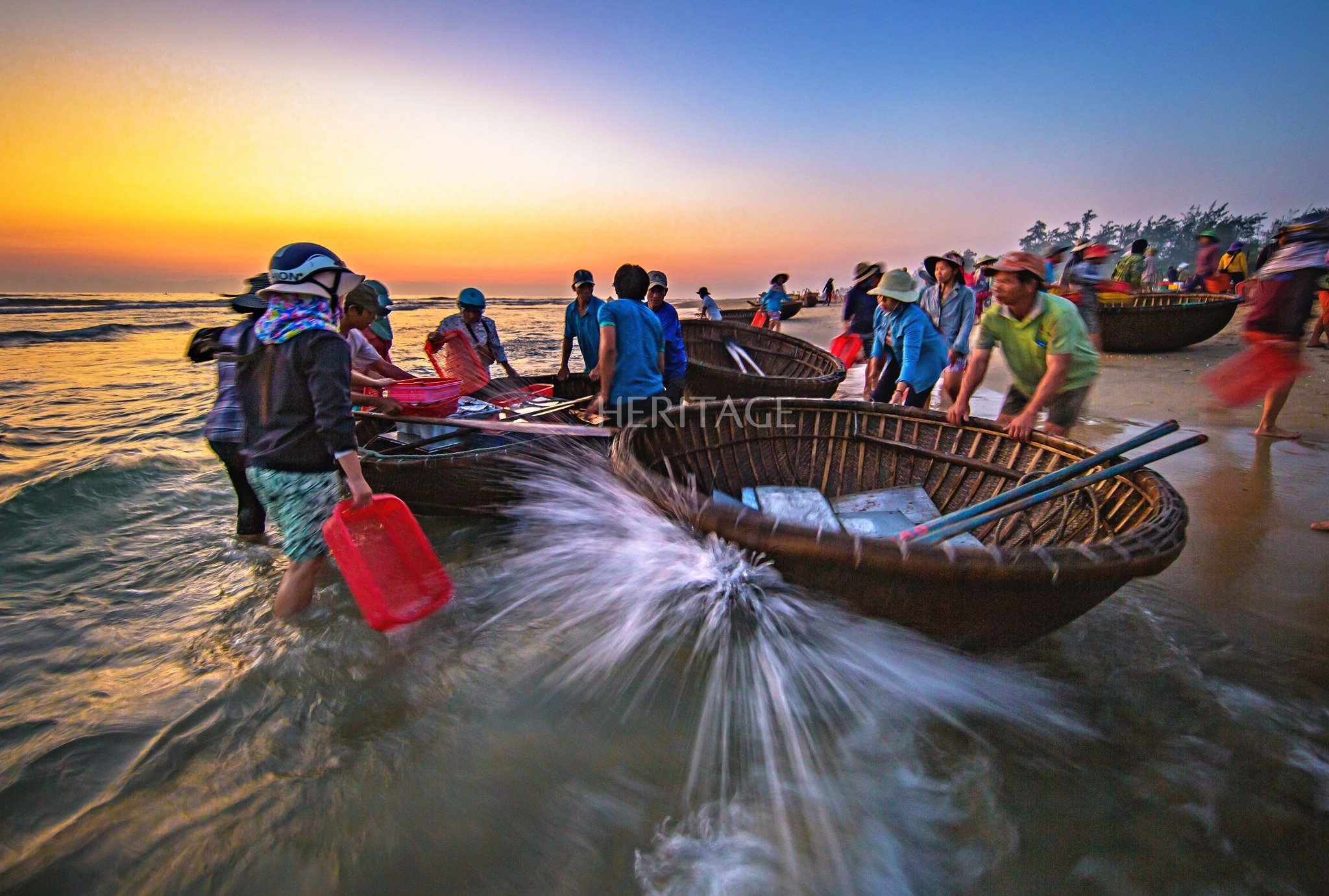
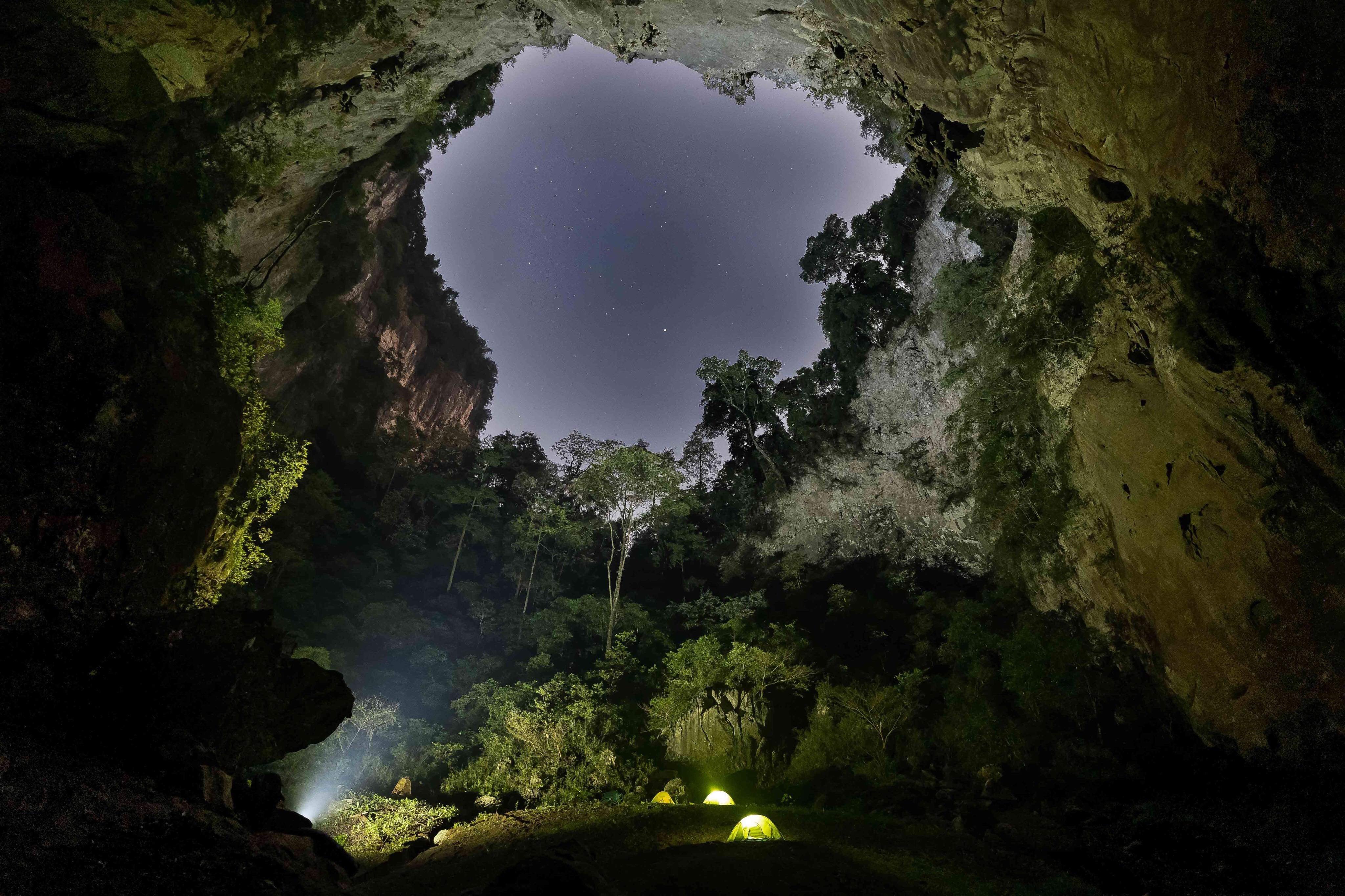

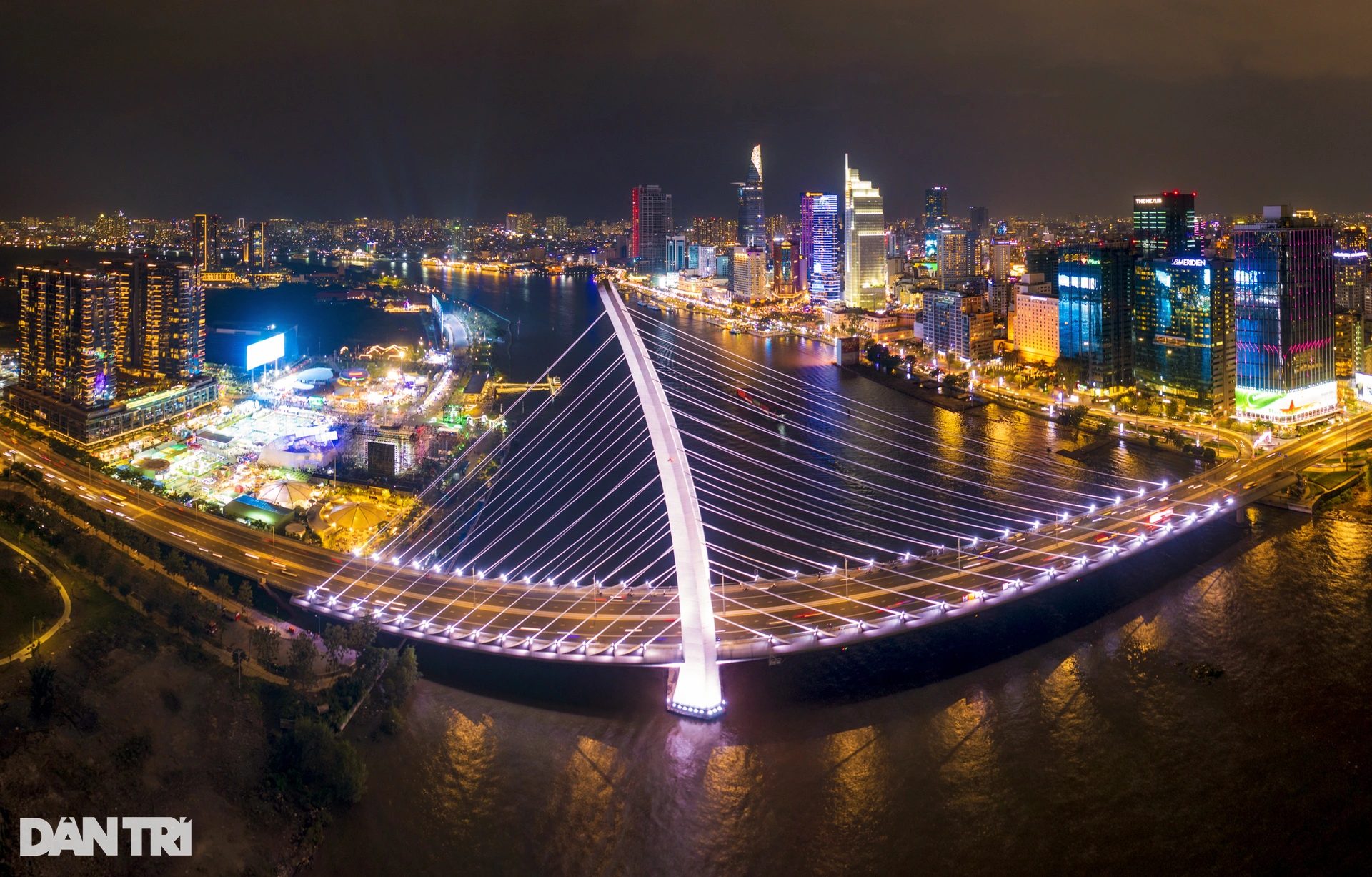
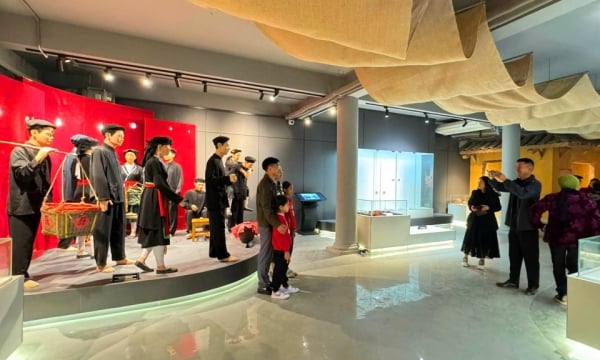

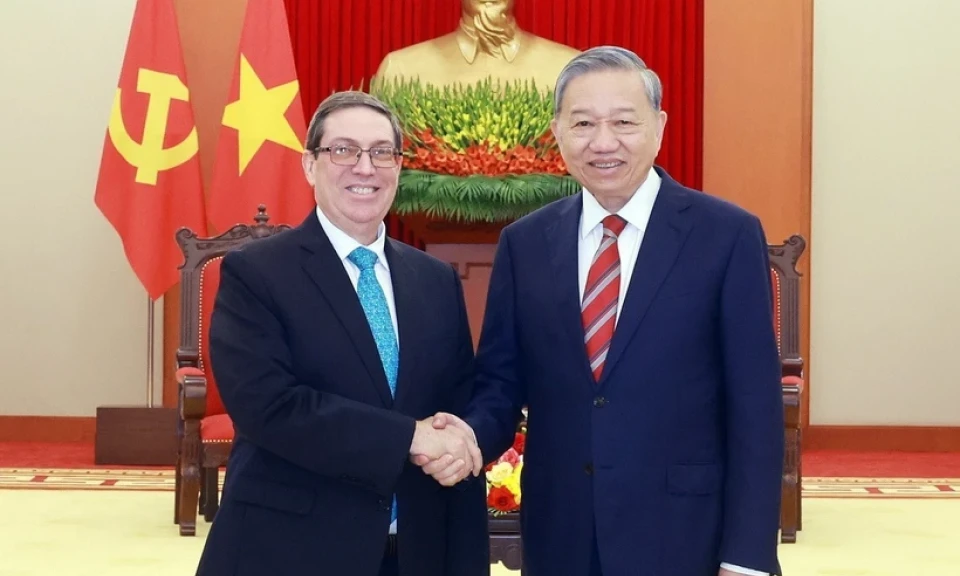
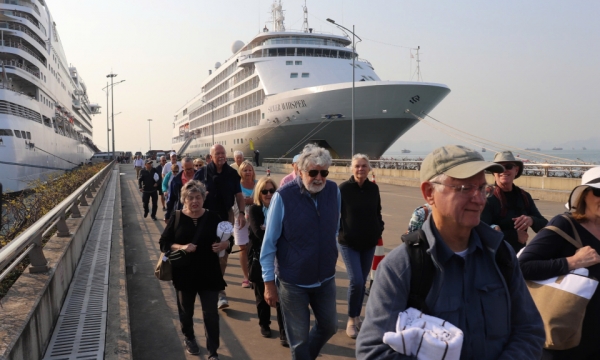
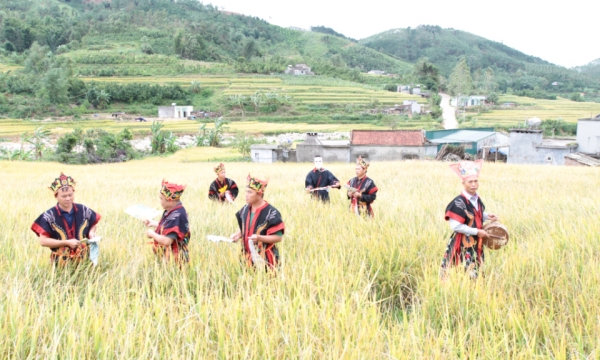
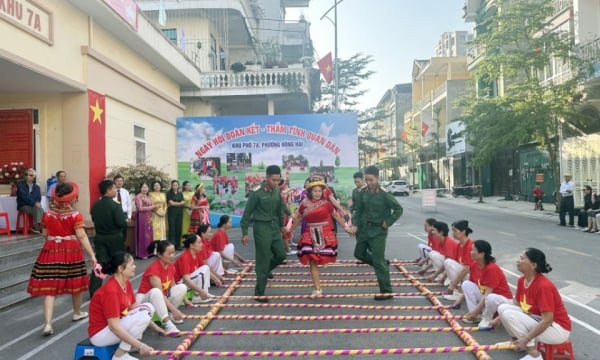
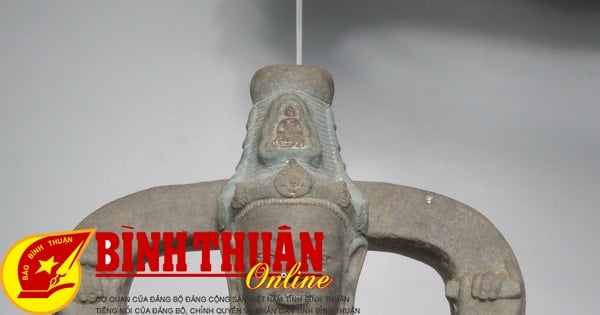


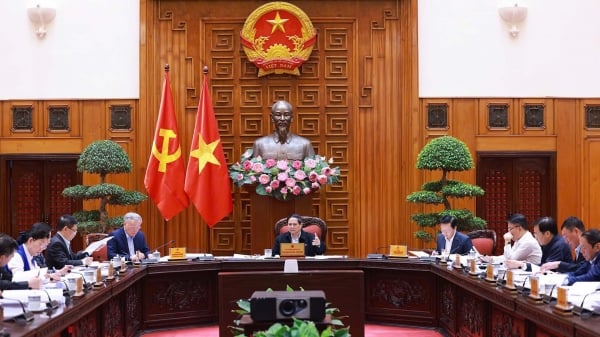
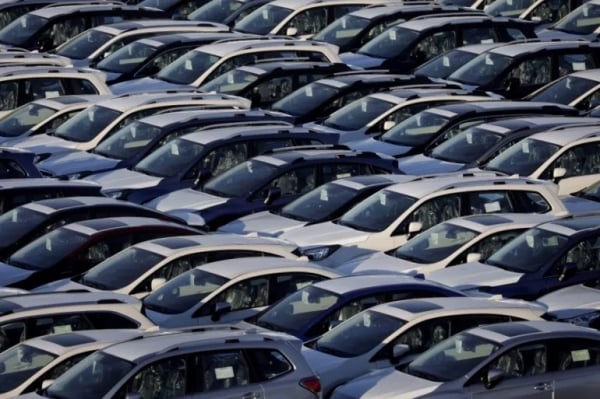
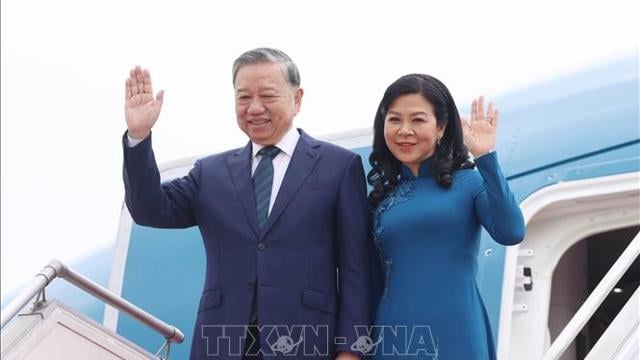
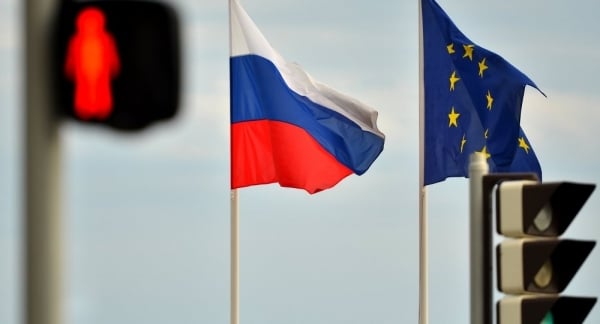
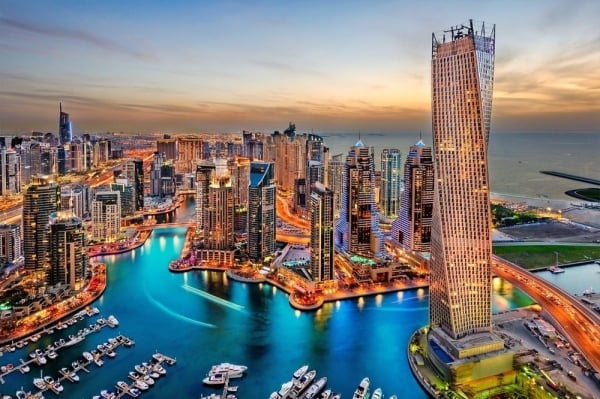

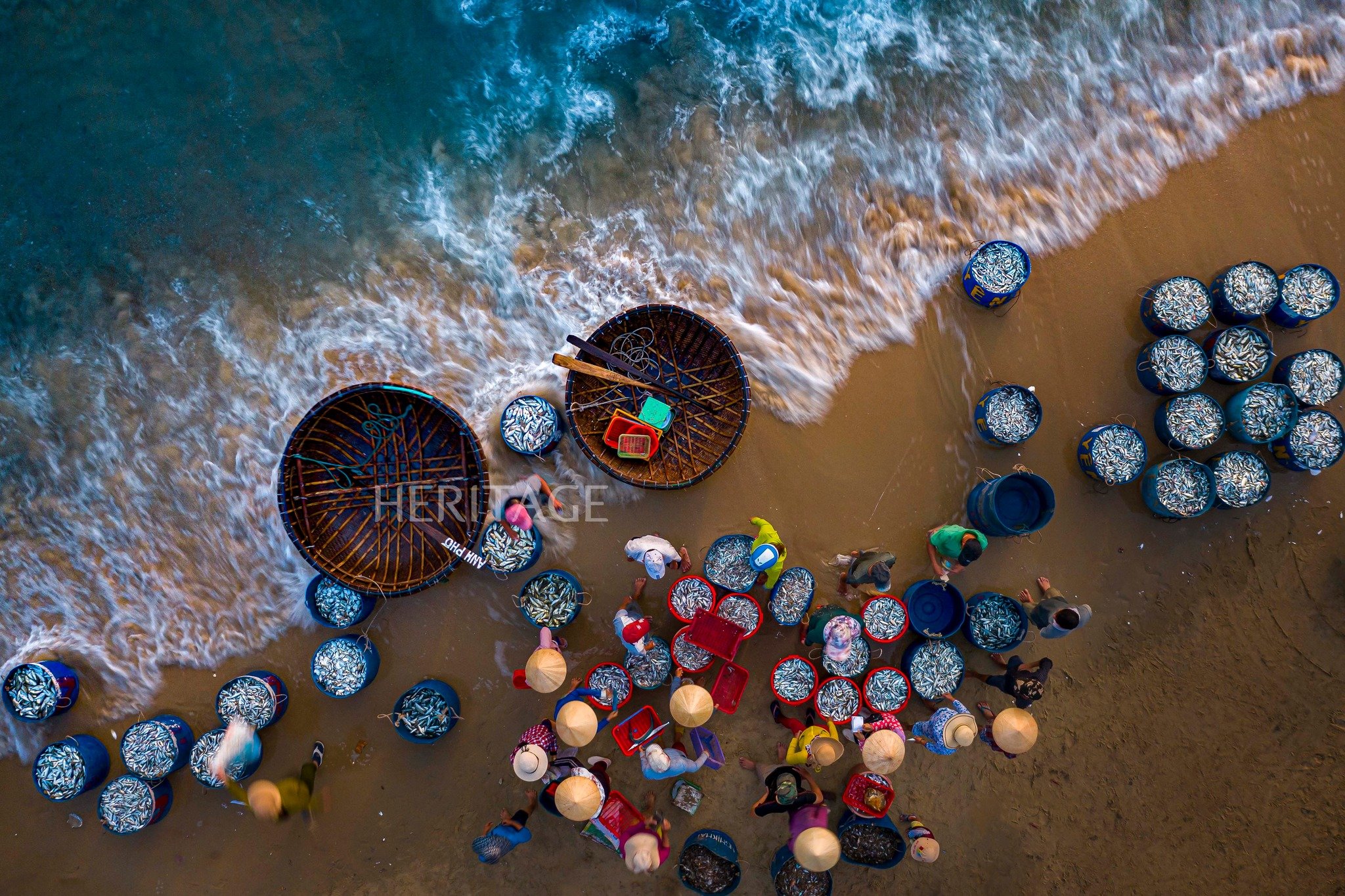
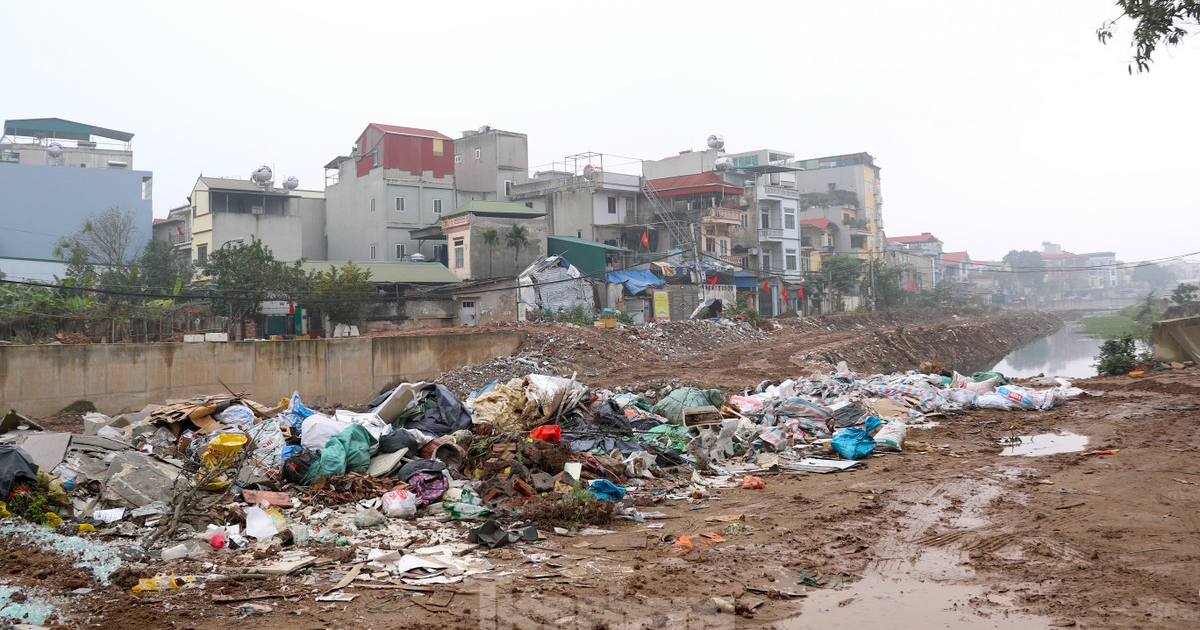
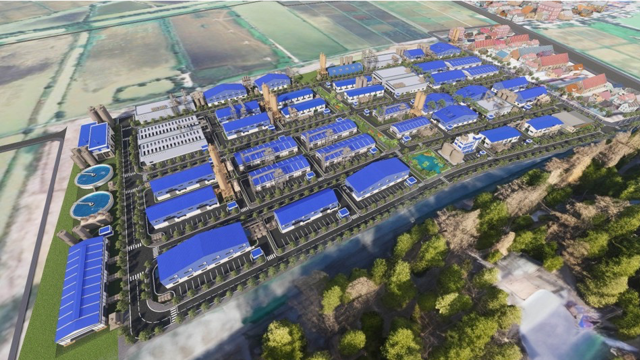
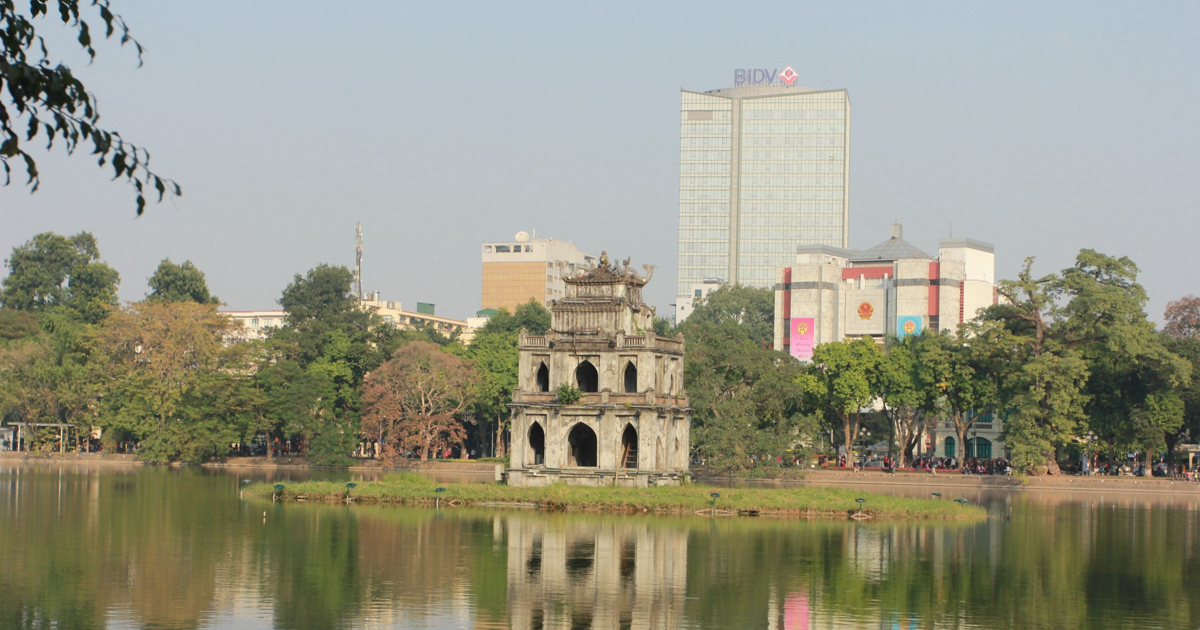
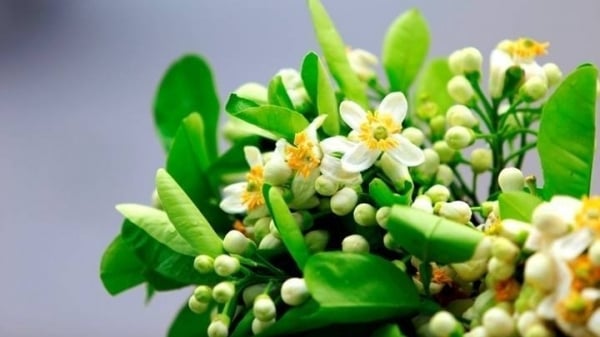
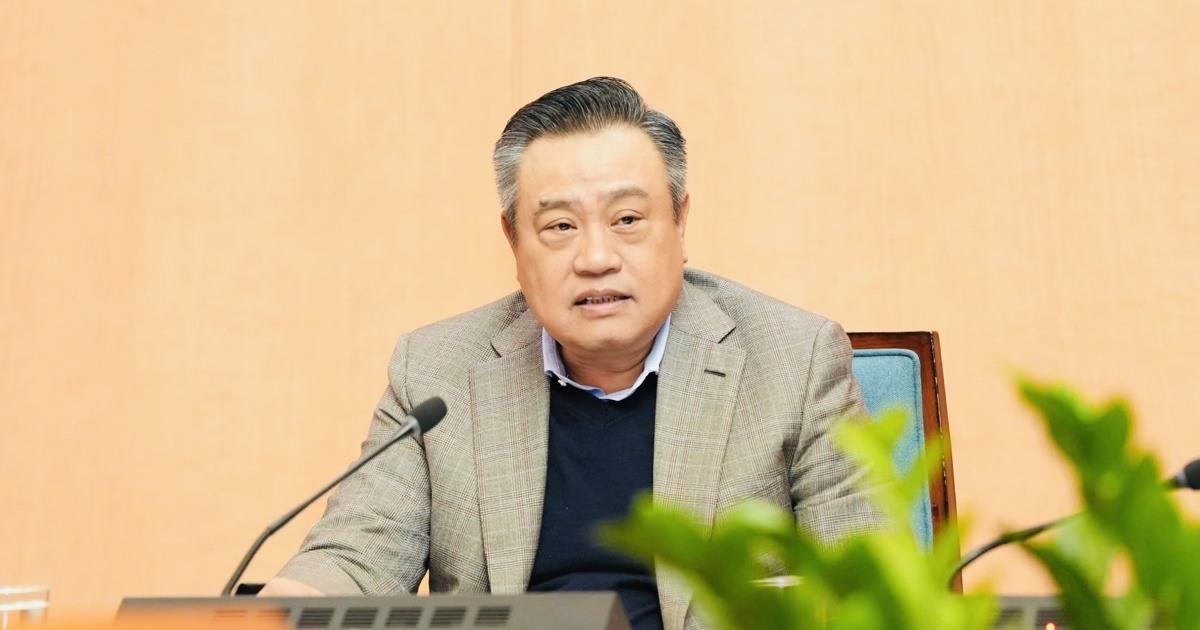
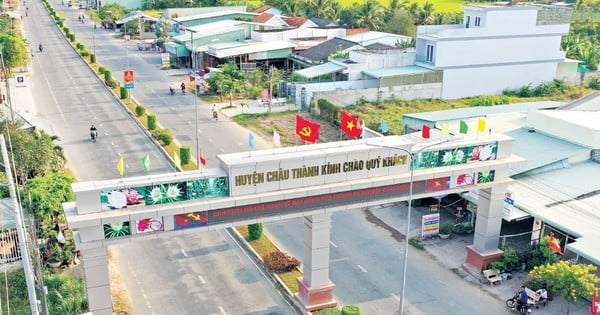

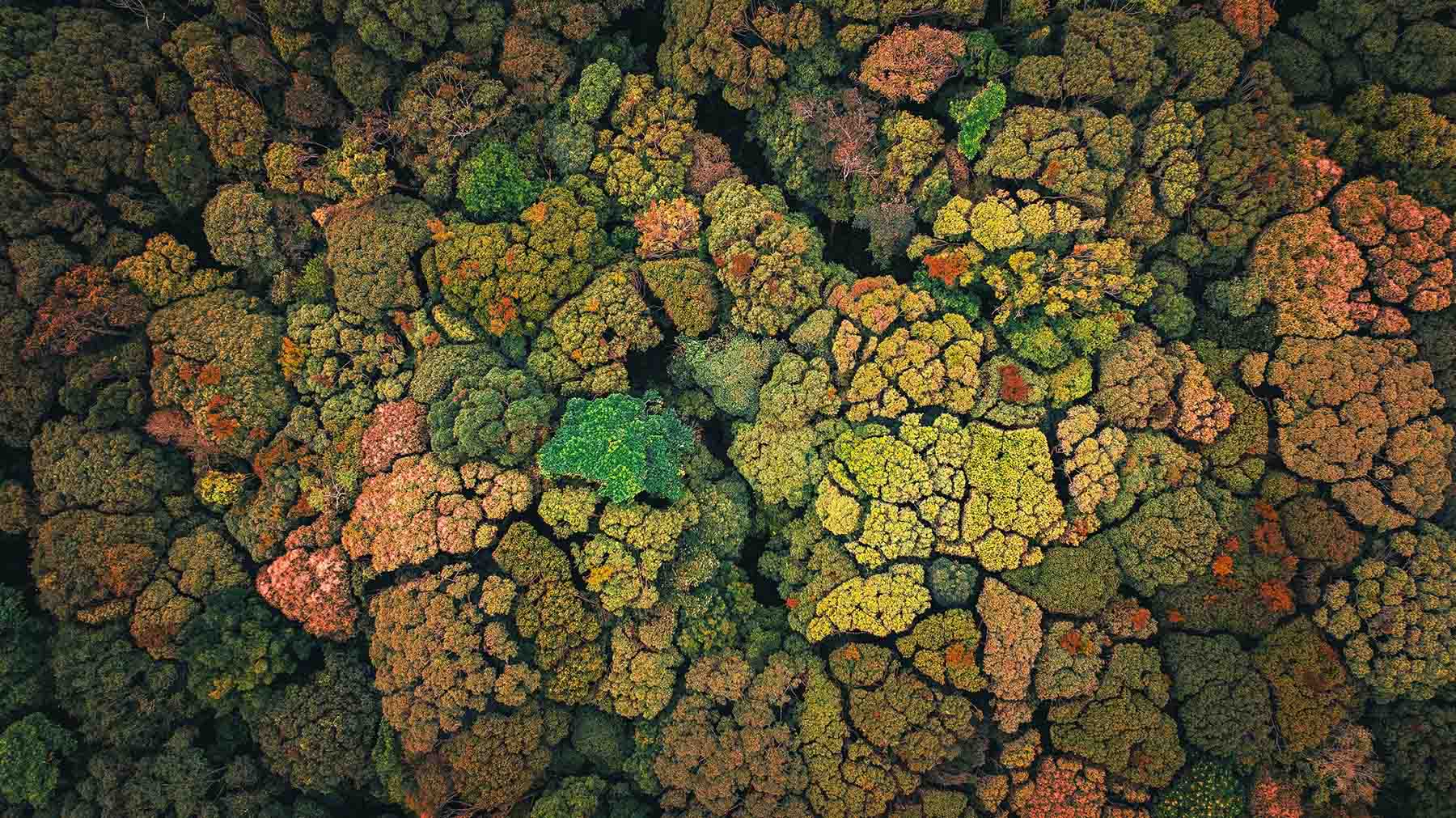


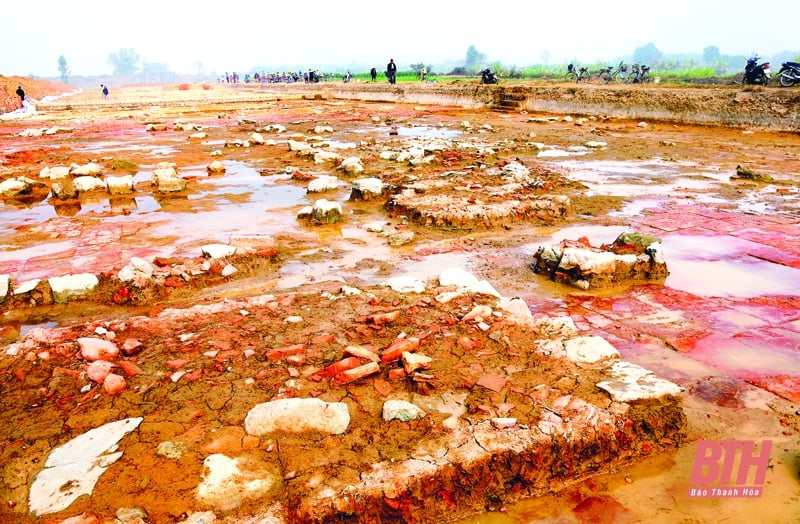

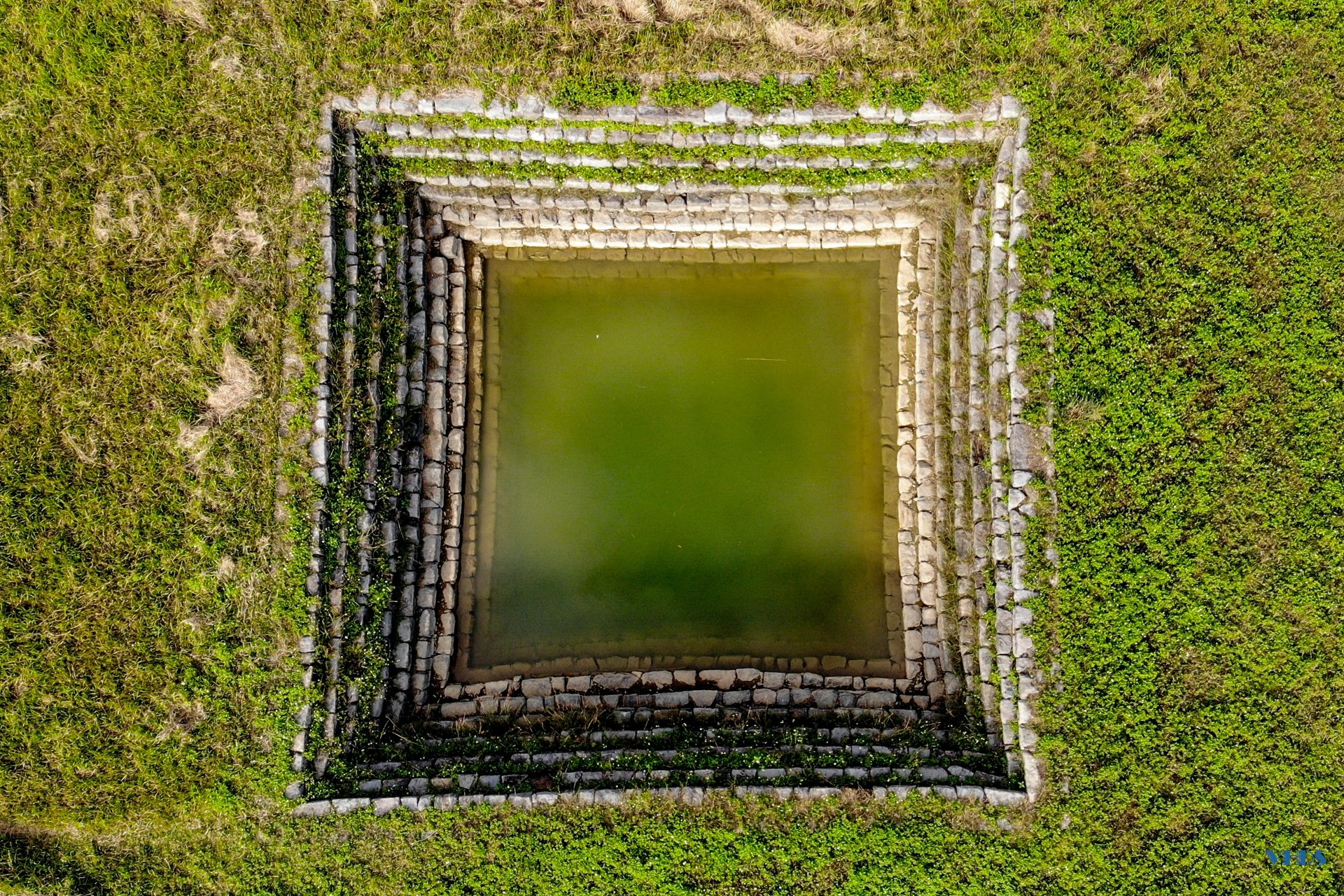

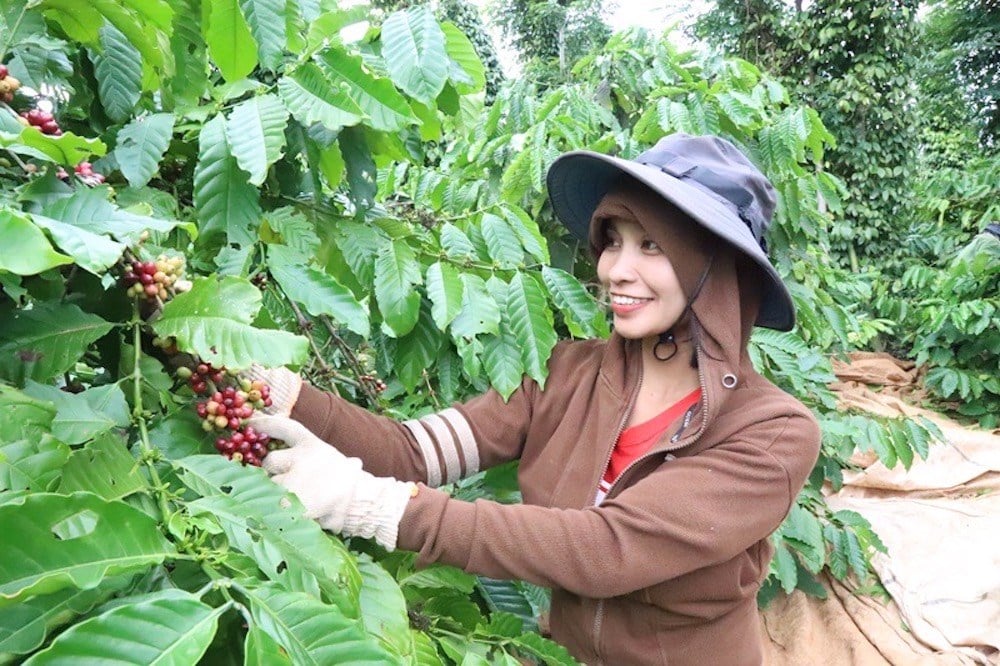

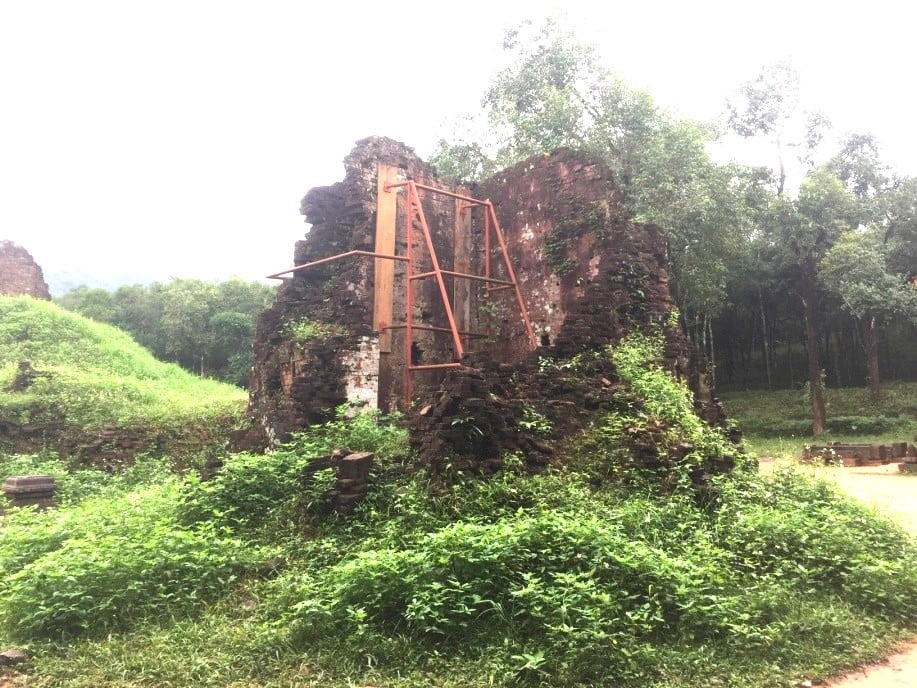
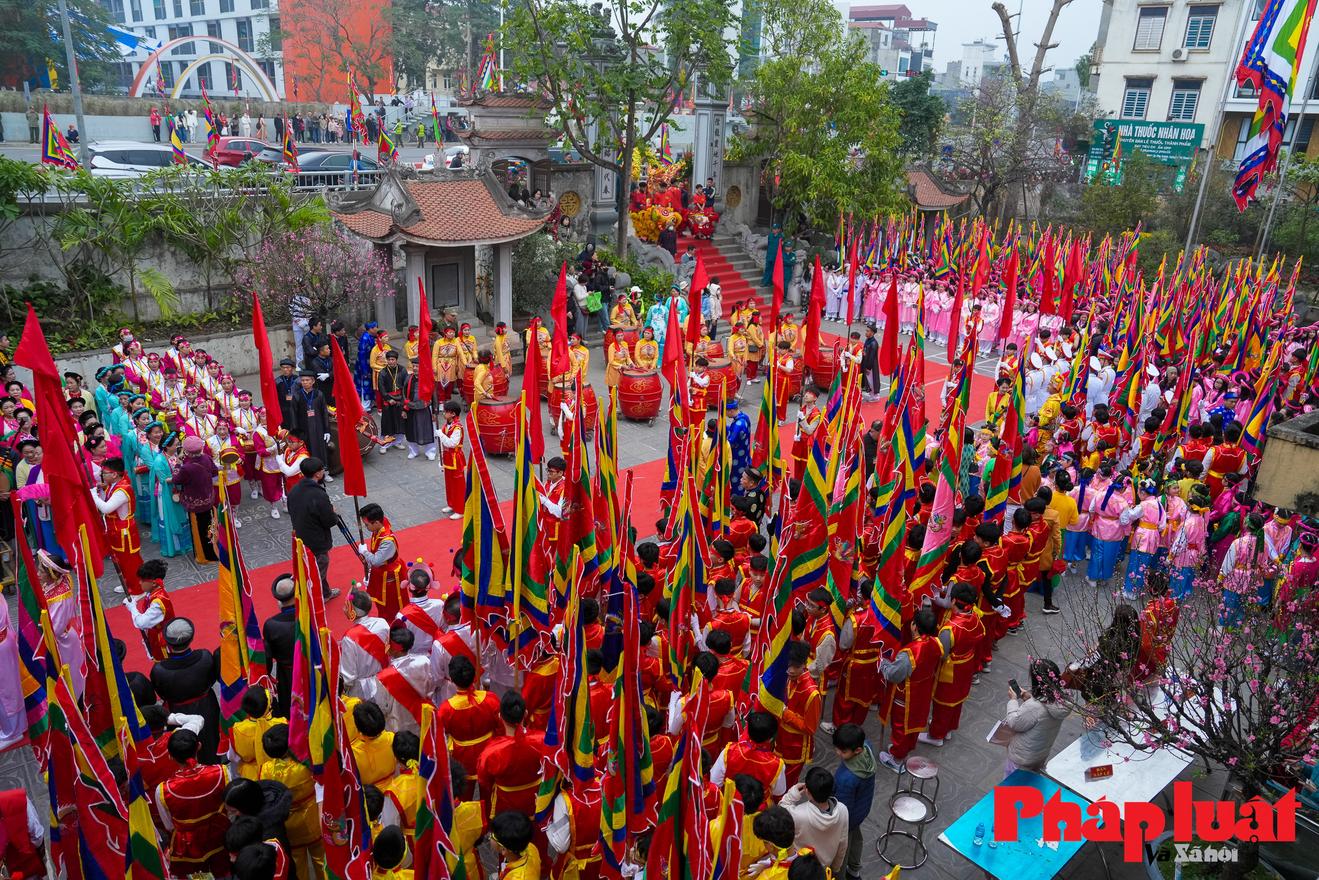
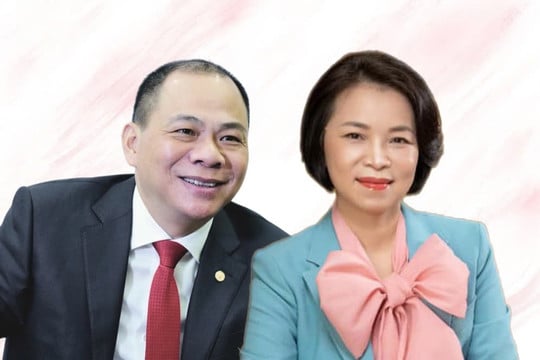


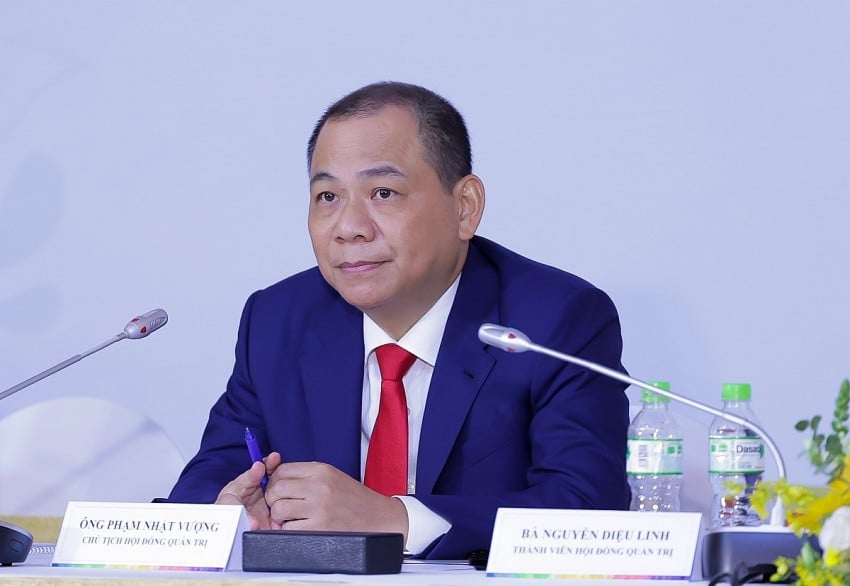
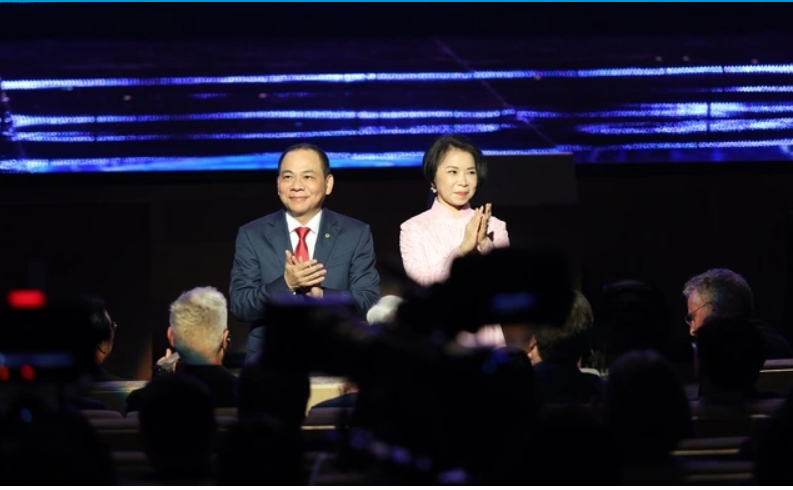
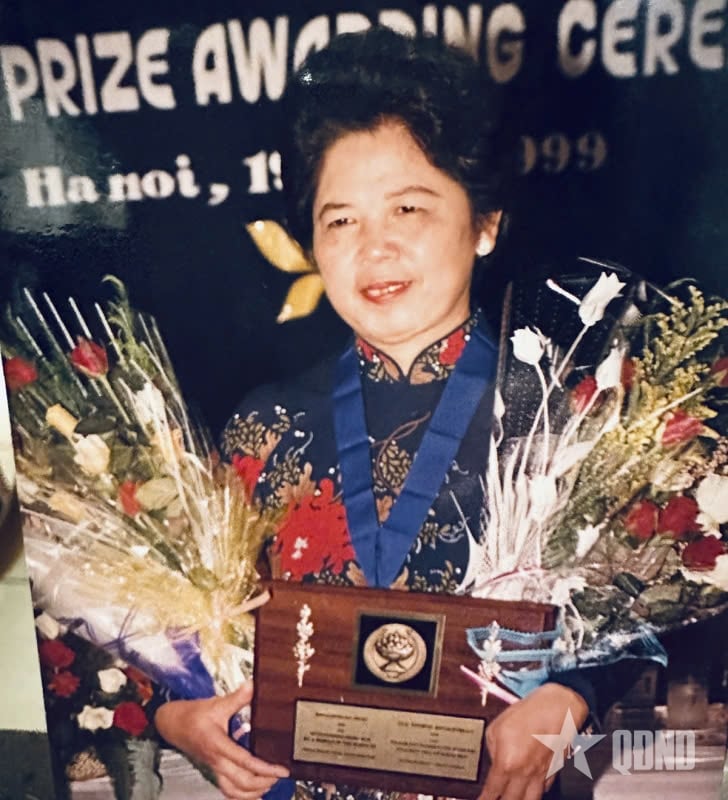








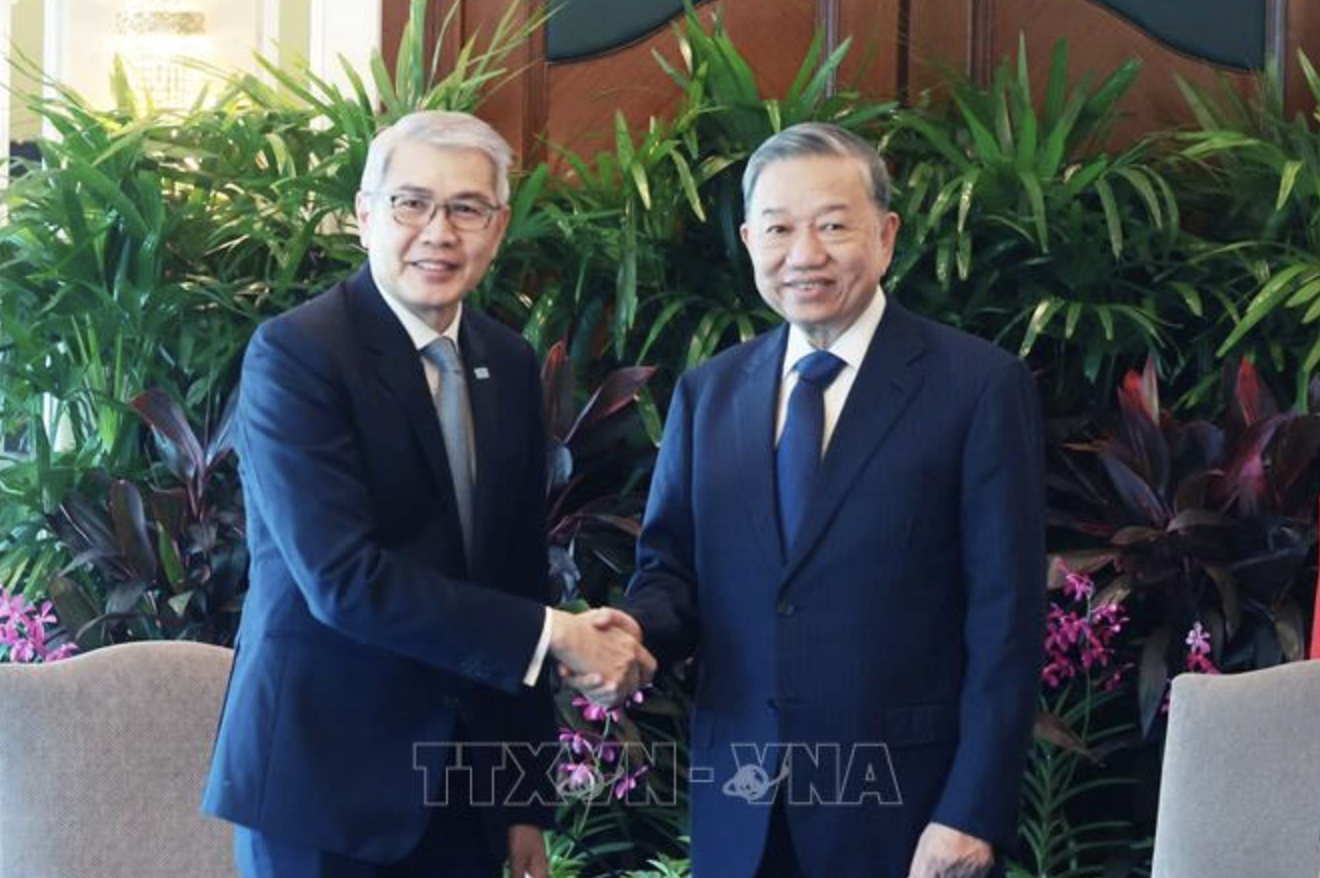

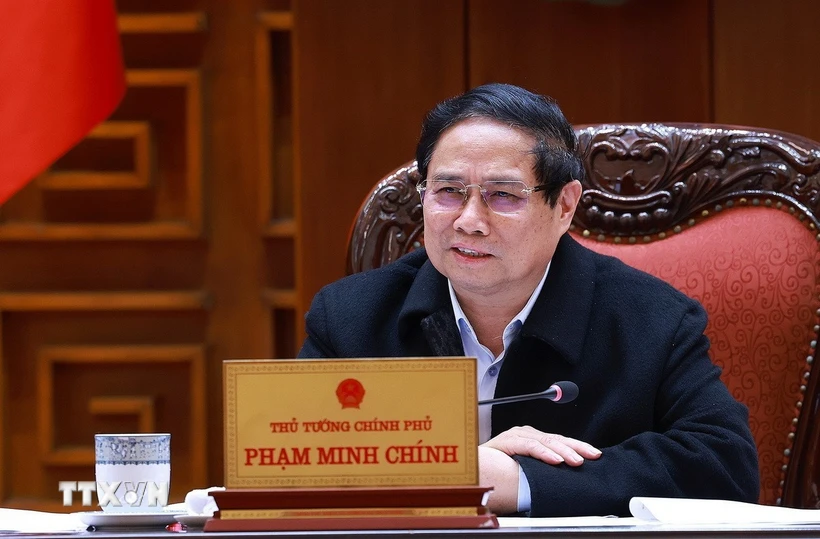

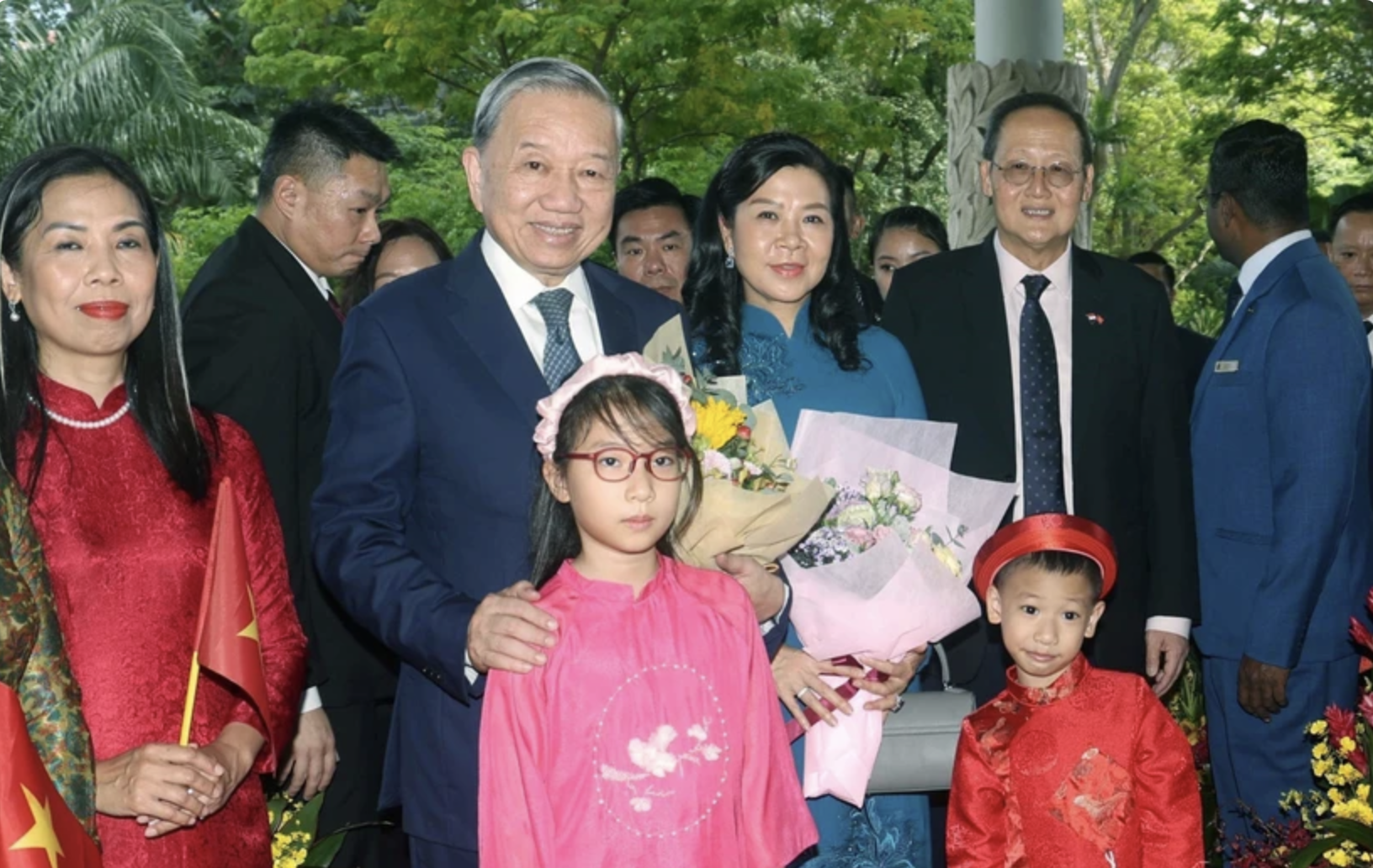
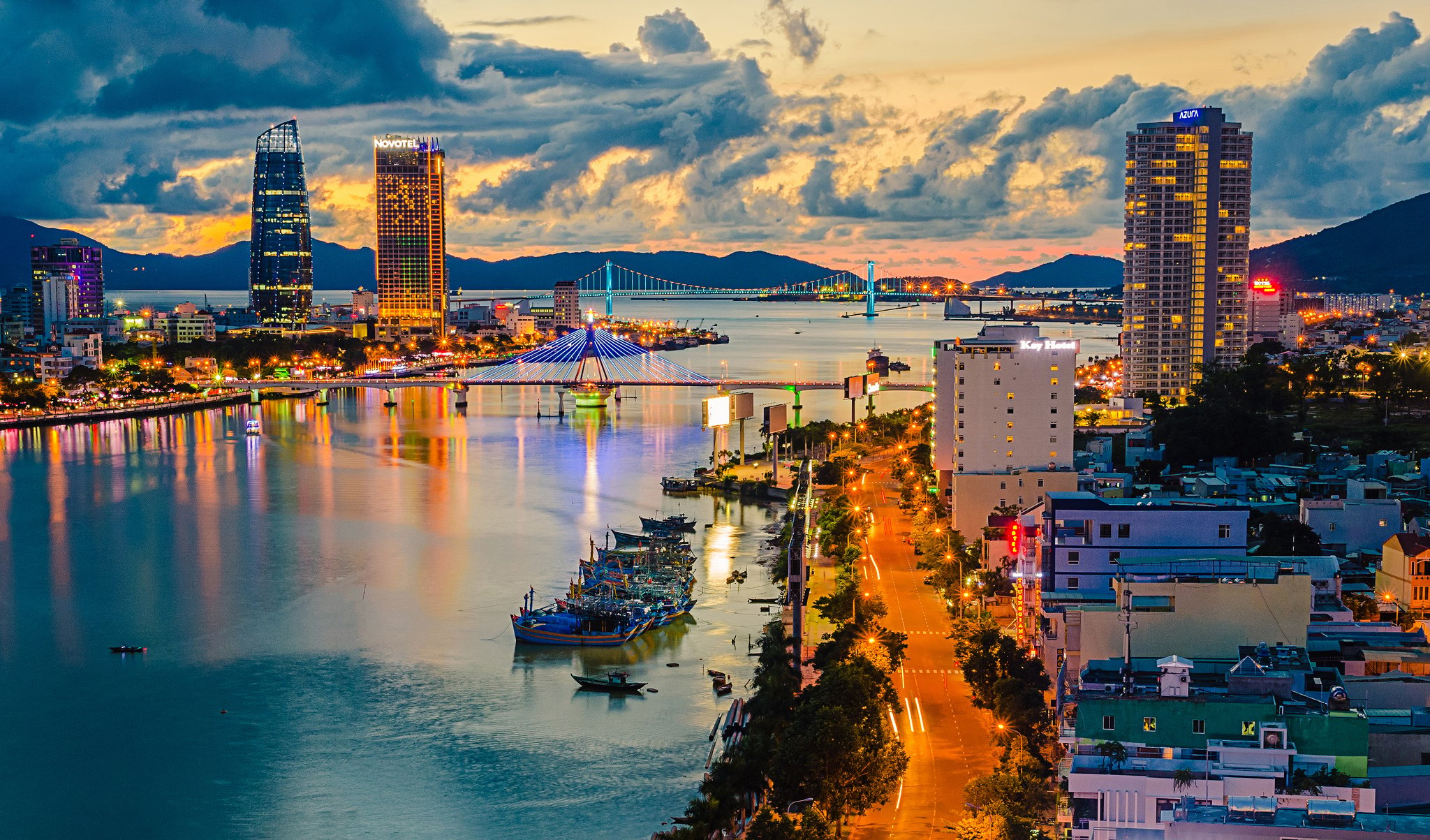
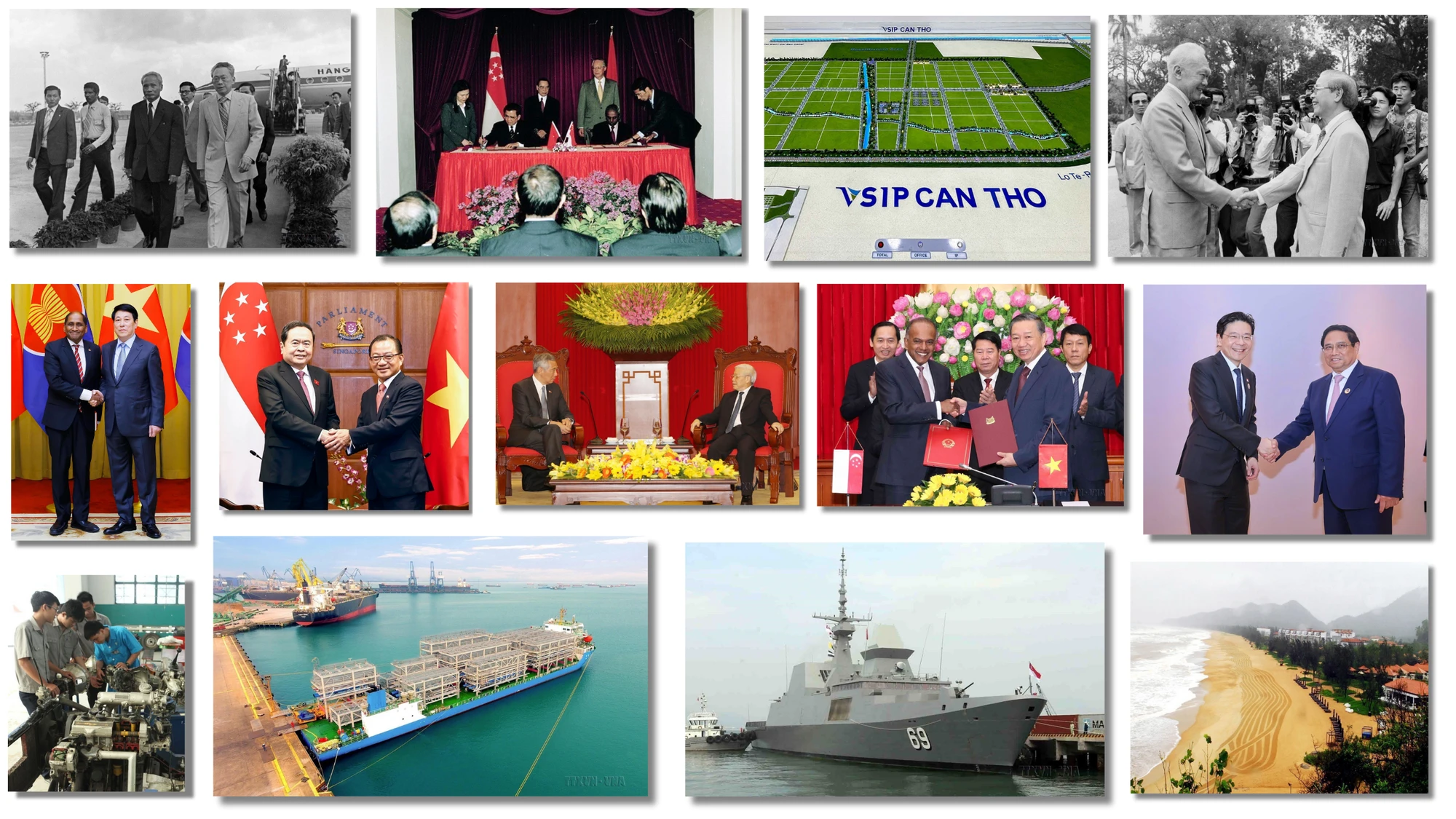


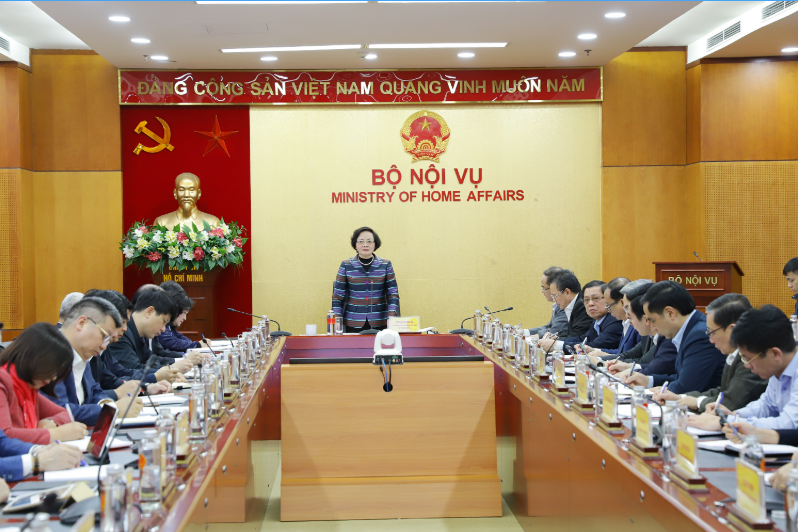

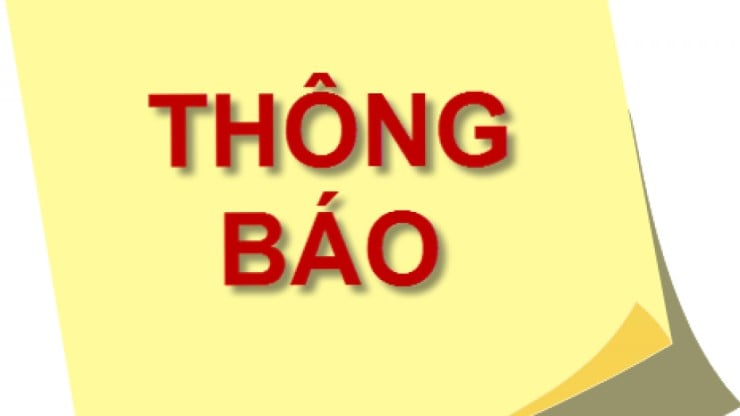
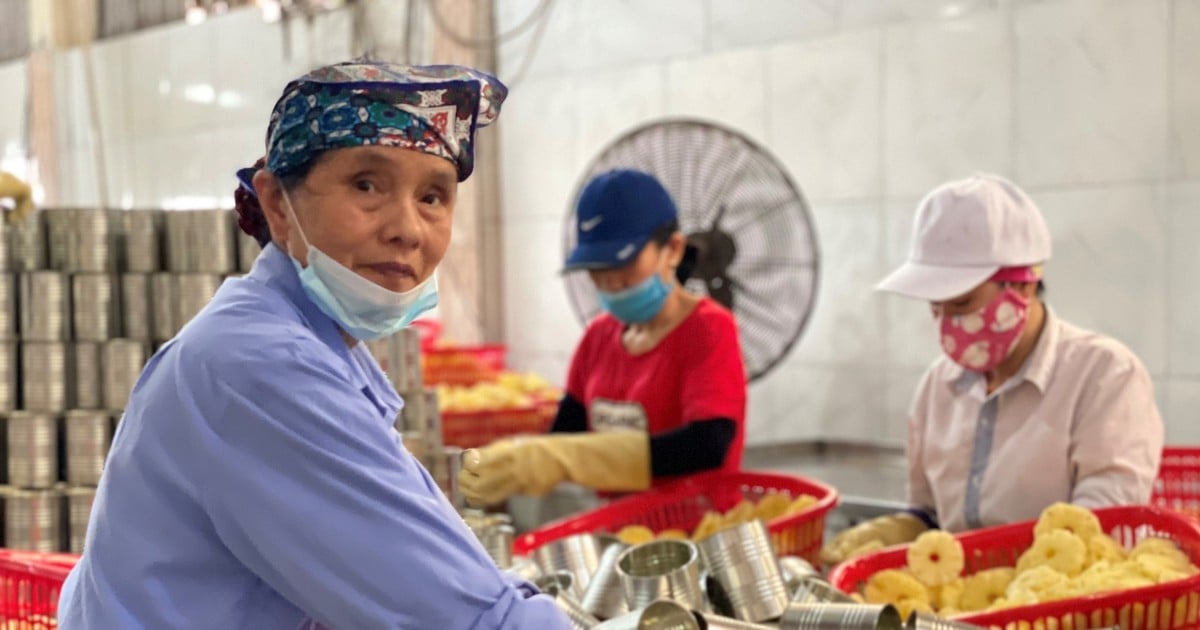
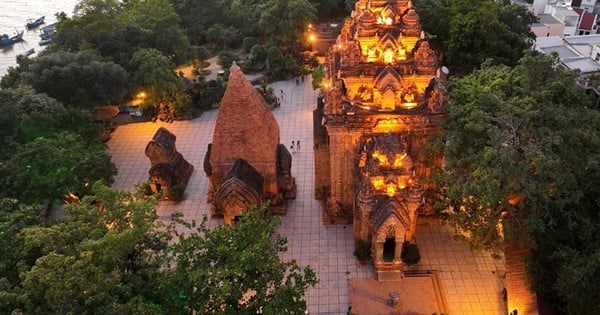
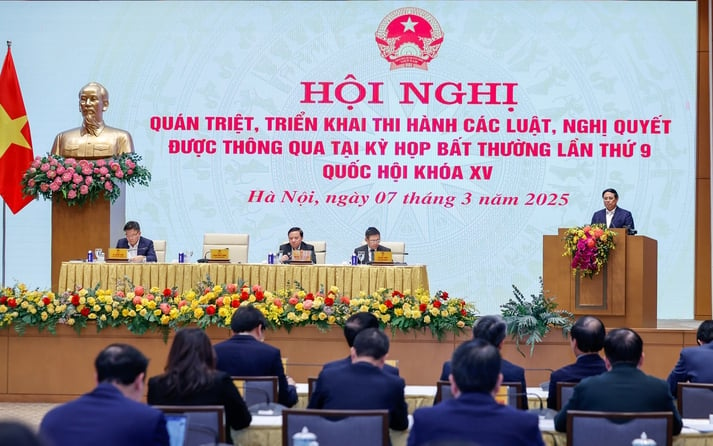






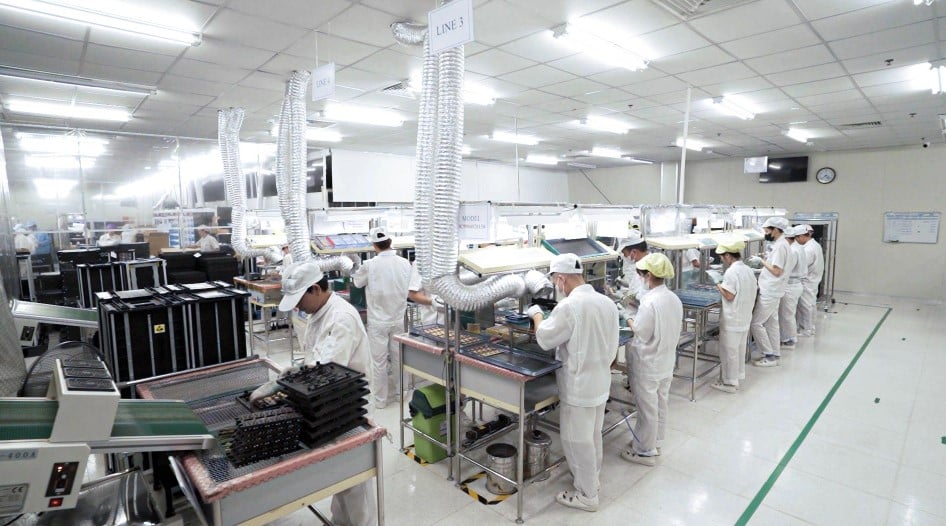

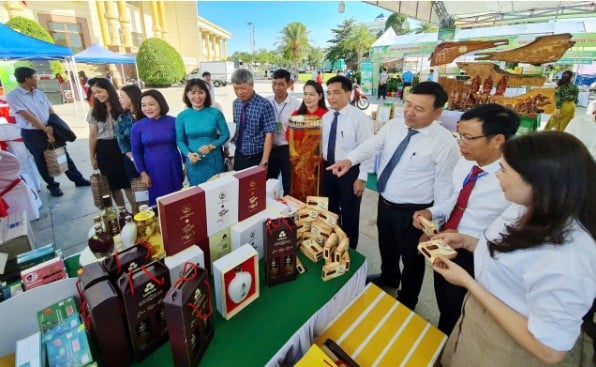

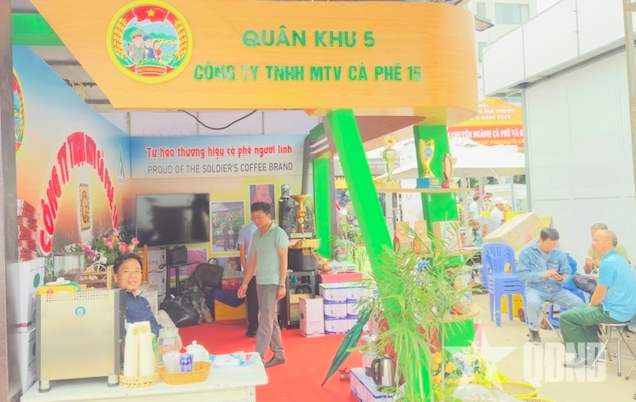
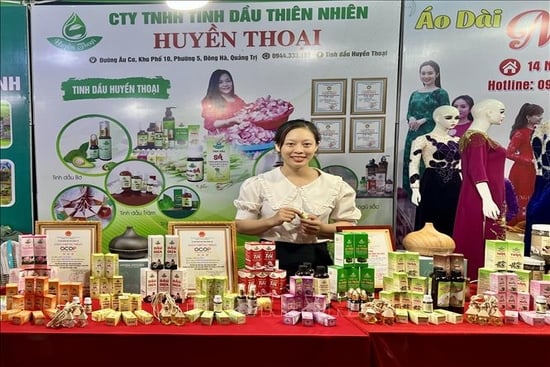

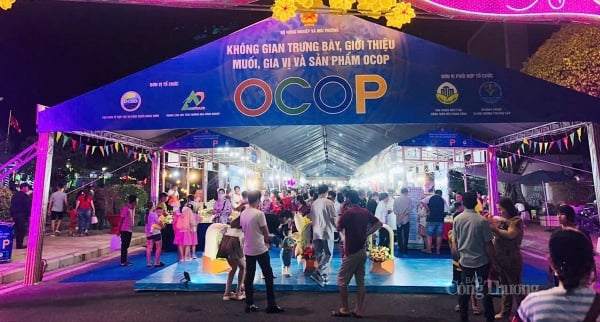

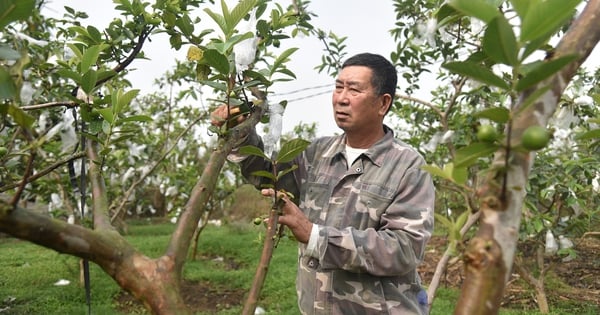

Comment (0)